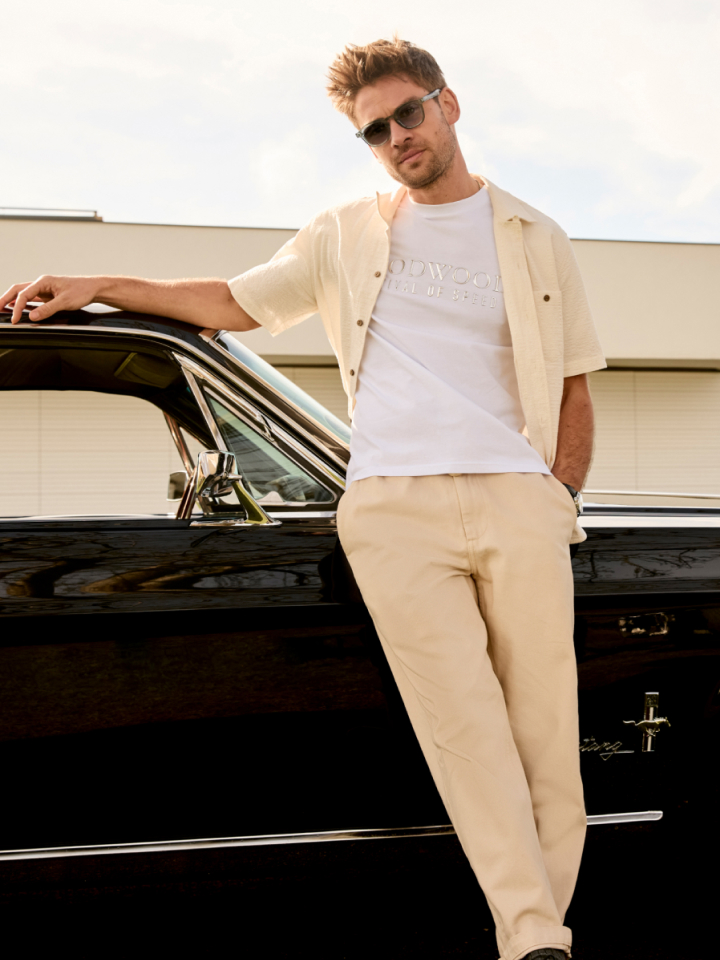XK120 to Formula E – 75 years of Jaguar competition history
The Earl’s Court Motor Show is where the ‘future’ meets nostalgia at the Goodwood Revival. While the entire event is set before 1966, when you step into the show hall you’re transported to the present day where contemporary manufacturers display their 2024 machinery alongside period-correct cars.

It’s fitting that two of the four cars displayed by Jaguar feature the XK engine. We’re celebrating the 75th anniversary of the long-lived straight-six with daily track parades, and the XK120 on display is an example of the very first car to be fitted with the forward-looking engine. The sportscar was originally developed simply to showcase the engine and Jaguar expected to sell 200 of them. In the end, it proved to capture the post-war zeitgeist and more than 12,0000 were produced, before giving way to the similar XK140 and XK150 successors. It was the right car at the right time.
Sitting alongside is a C-Type. You might be forgiven for thinking this, too, is a Revival era machine, but its modern metallic silver paint is a clue that all is not what it seems. It’s actually a continuation car built by Jaguar Classic in the modern era, freshly manufactured throughout. Developed specifically for the Le Mans 24 Hours, the C-type won on its first outing in 1951. The following year saw an unsuccessful return, but the introduction of innovative disc brakes in 1953 contributed to a second victory. It’s that specification that’s reprised with the continuation car.
Next, we jump into the time machine and fast-forward to the future. We land in 1980s with XJR-9. It was the Coventry team’s first return to La Sarthe since the D-type’s wins of 1955, ’56 and ’57. Promising outings in 1986 and ’87 led to victory in 1988, the driving shared by Jan Lammers, Johnny Dumfries and Andy Wallace.
Bringing things up to the present day is the I-Type 6, the Formula E car that reflects Jaguar Land Rover’s commitment to going all-electric by 2025. In some ways, it undoes the C-type’s main innovation of disc brakes – the regeneration effect is so strong that it does away with rear brakes entirely. The switch between 350kW traction and 600kW regen takes less than a second. Almost half of the power needed to complete the race (40 per cent) is produced by the regen effect during the race.
It’s a whistlestop tour of Jaguar competition history, from its earliest post-war years to the current electrified era.
The 2024 Goodwood Revival takes place on 6th-8th September. You can watch every moment of the historic motorsport action right here on our live stream!
Photography by Toby Whales.
Revival
Revival 2024
Jaguar
Event Coverage
Earls Court Motor Show









































































